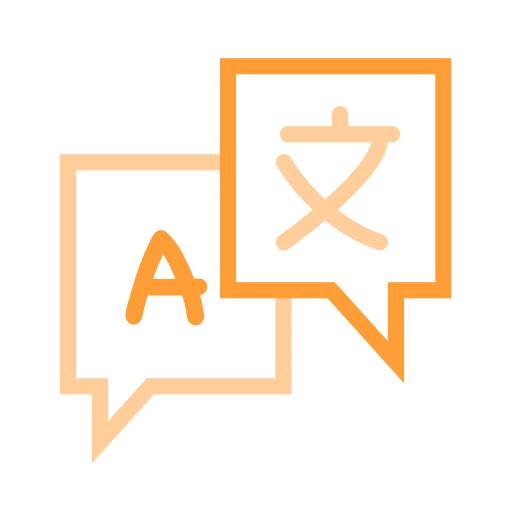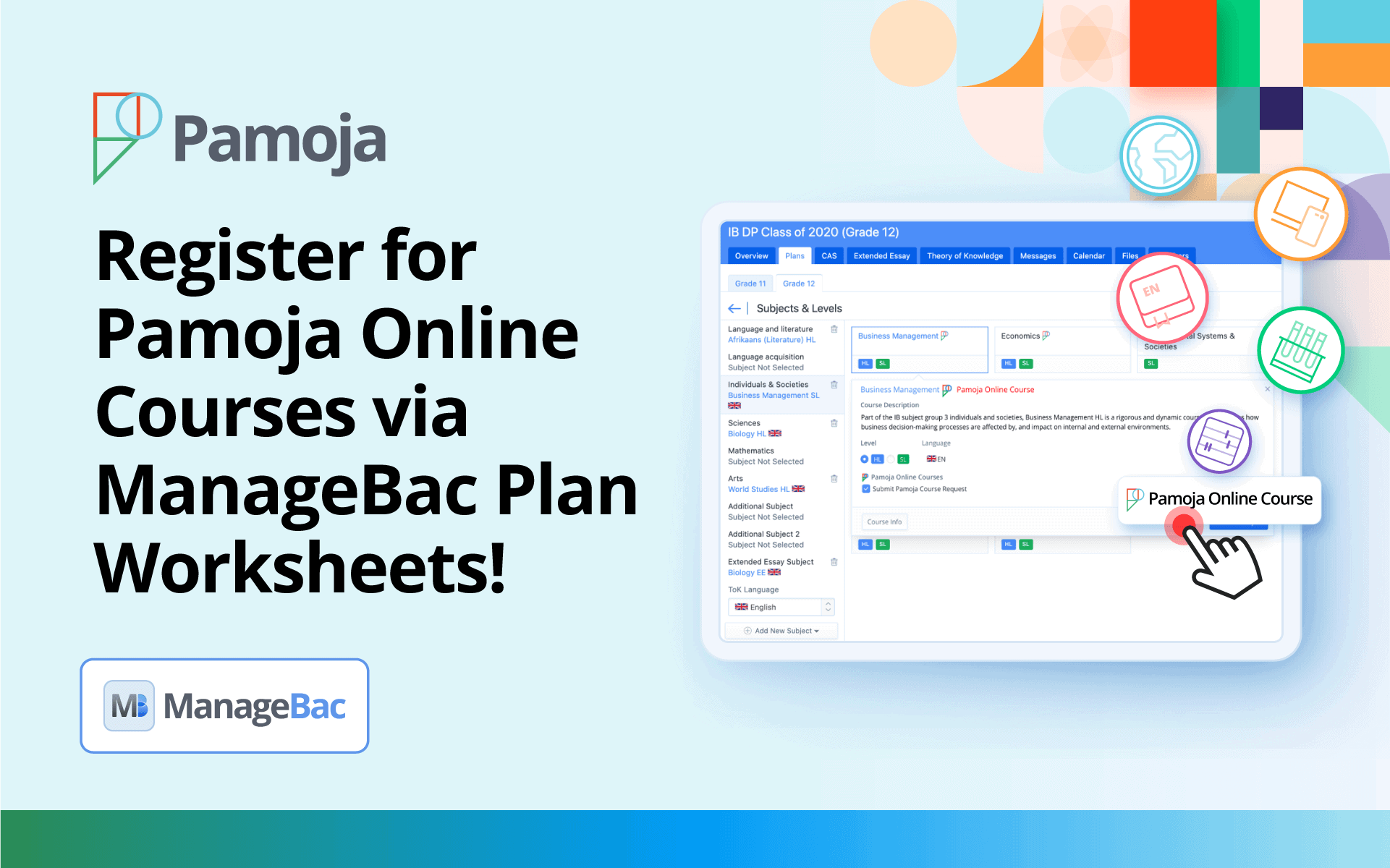By Cathy Hitchin, Principal of Pamoja Online Courses
As Principal of Online Courses, I hope you have had some time to relax over the summer break, but also some time to reflect upon the past year of study and to make a plan for how best to achieve the success you deserve in your IB Diploma courses.
In the spirit of accomplishing both of these aims, the Pamoja academic team would like to share with you some resources for your subjects which will allow you to expand your subject knowledge but in a more relaxing way. As we approach the beginning of semester, it’s a good idea to start moving into the mindset of heading back to school and this blog post allows you to do just that.
Below, our Course Advisors and Pamoja teachers have handpicked a list of recommended podcasts, blogs, books and web resources in each of the subjects we provide to help you prepare for the new academic year. We hope you find them helpful, interesting and even fun!
IB Core Elements
Group 1: Language and Literature
Group 2: Language Acquisition
Group 3: Individuals and Societies
Group 4: Mathematics
Group 6: The Arts
About the Author

Cathy Hitchin
Principal of Online Courses
She is an experienced international educator, having worked on five continents in the last 25 years – as a teacher, as an IB Diploma Programme Coordinator, as a Secondary Principal, and as a Head of School – and always within the programmes of the International Baccalaureate. She teaches English Literature, Philosophy and Theory of Knowledge.
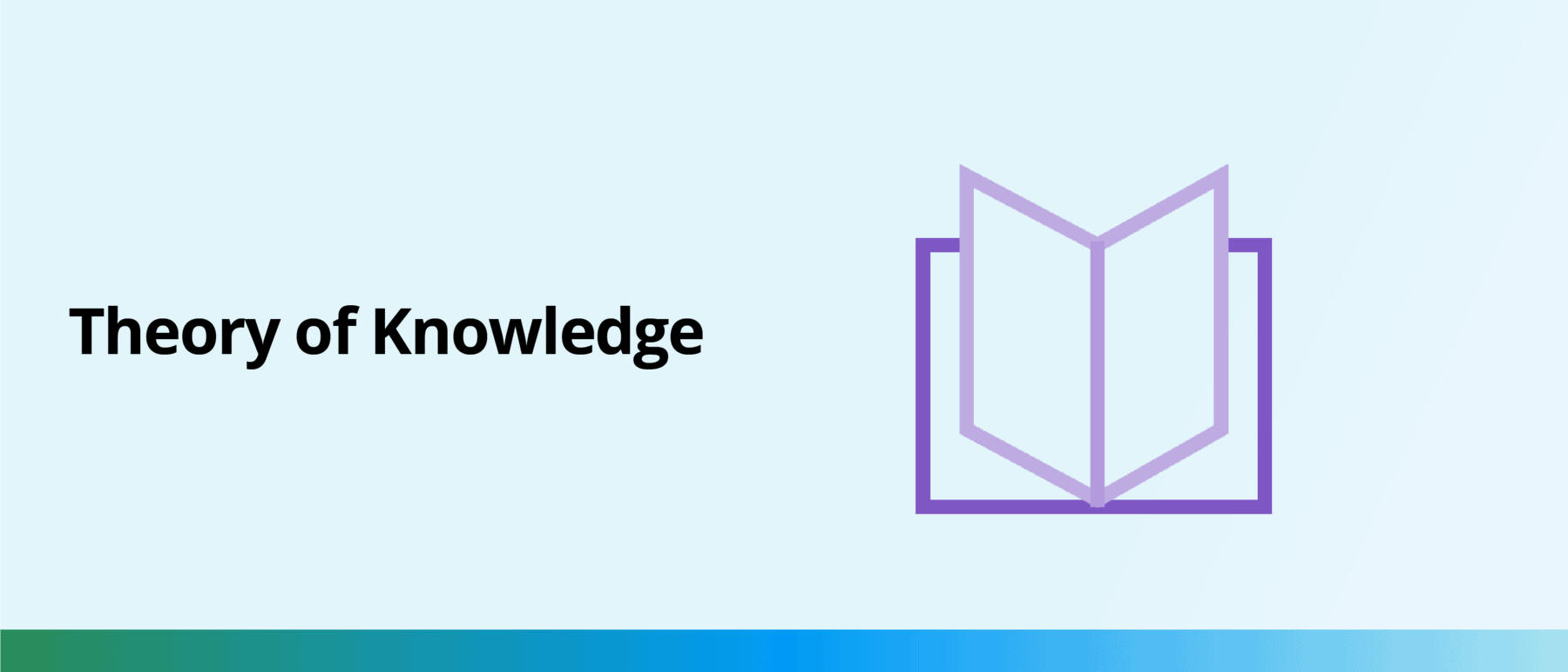
A fun activity is to take one of your favourite films and choose two scenes from the film which produce an emotional reaction in you. Now watch these two scenes a few times and see if you can write down what is happening in those scenes that makes you feel the way you do. We undertook a similar exercise with the end scene from the film 'Platoon' in semester 1 of the course.
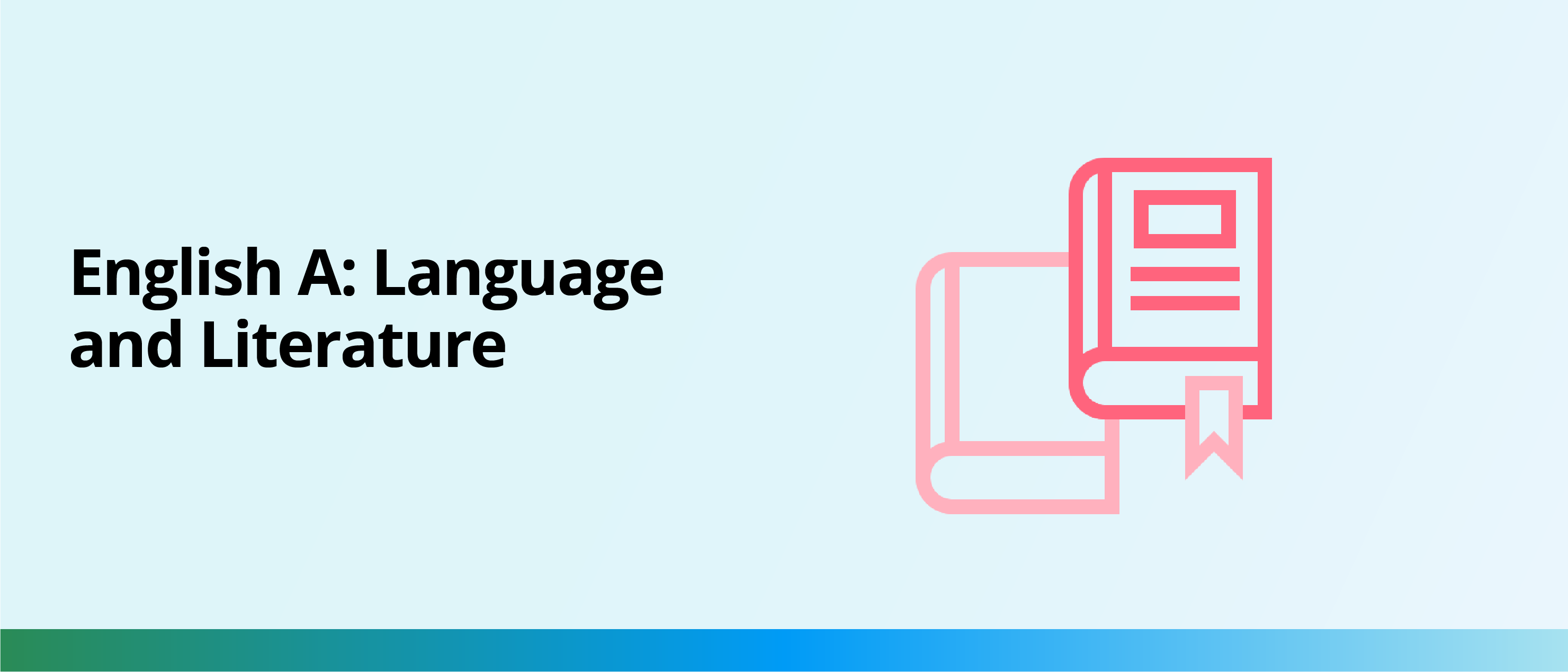
For thought-provoking and discussion topics, listen to the following podcasts:
- TED Talks Daily
- This American Life
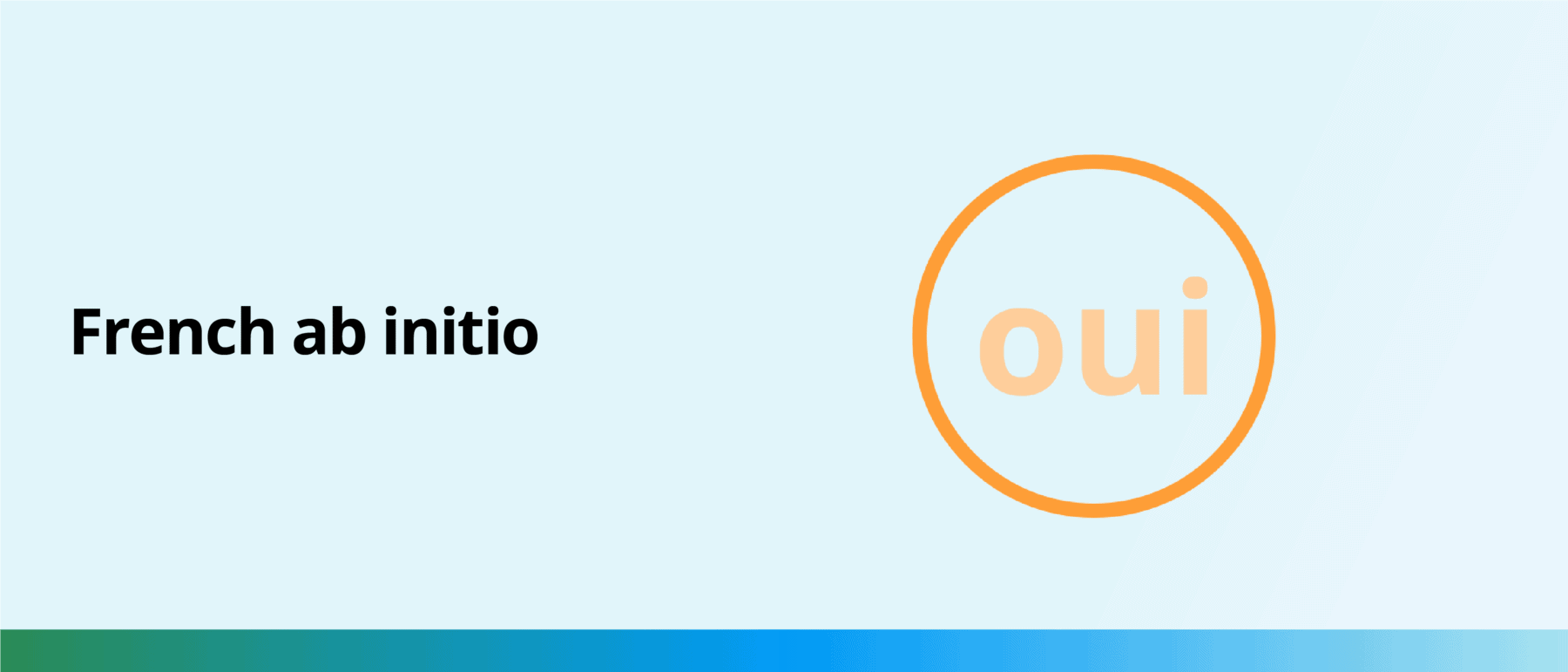
Apprenons le français: l´été
Learning a new language requires constant practice. We suggest that you spend at least 15-30 minutes interacting with French on a daily basis. The summer holidays present a unique obstacle as your brain will be on a French vacay and if it doesn’t use the language, it will lose some of it. This will make the return to class in September a bit more challenging. The following sites focus on grammar and vocabulary. There are a variety of them to look through. You are also welcometo search for your own resources to help build your understanding.
- University of Texas
- BBC - GCSE Bitesize - Grammar Revision
- A vos plumes
- Bescherelle
- French for Foreigners
- Idiom Website
- Site to practice conjugation
- Bonjour de France - Grammaire pour Débutants
- Français Facile
- French Exercises
- Languages Online
Pronunciation
Authentic Documents: Reading, Listening, Viewing
- Global Voices
- TV5
- FLE video
- Voice Of America
- Zéro de conduite
- Le Point
- Scholastic Mary Glasgow
- Newspaper’s Front Page/Headlines
- Speaking and listening activities
- Audio lingua
- GLOSS Reading and Listening
- BBC- Talk French : A Video Introduction to French
- BBC- The French Experience - Online videos
- BBC- Ma France - 24 Interactive Videos
- Bonjour de France: Vocabulaire, Compréhension, Jeux etc...
- 1Jour1Actu
Apps for Learning Language
We recommend you use a French search engine to find your French sources such as Google.fr or Yahoo.fr. However, do NOT choose sources that are too difficult to understand. You can use these to look for your favorite hobbies/pastimes and find resources in French to help you. Like to knit? Go to youtube and find something in French to view.
If you use Wikipedia, go to the French version .The following websites have thematic materials that could be useful to you:
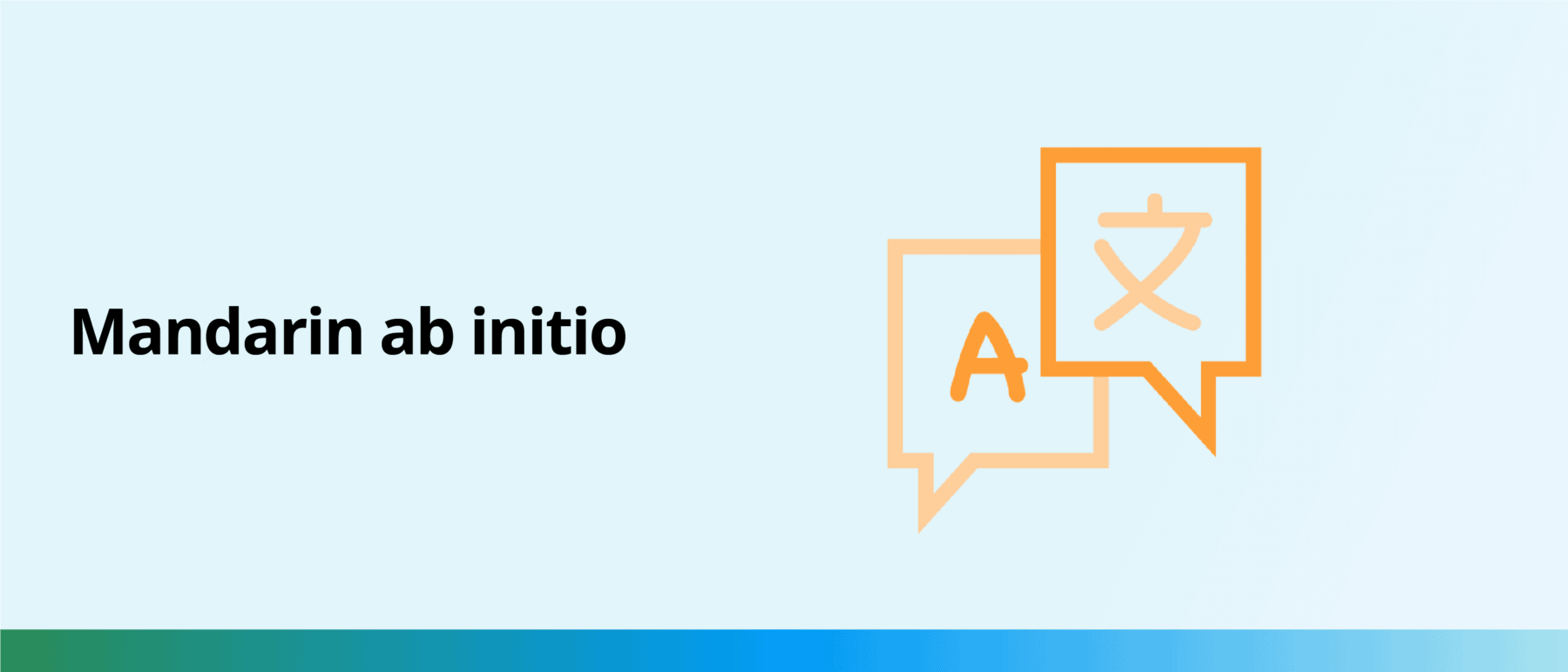
We recommend the documentary A Taste of China with an English narrator. It is easily accessible on Netflix and YouTube. For more ambitious learners, they could try this version (English speaking with Chinese subtitles) to learn key words in Chinese.
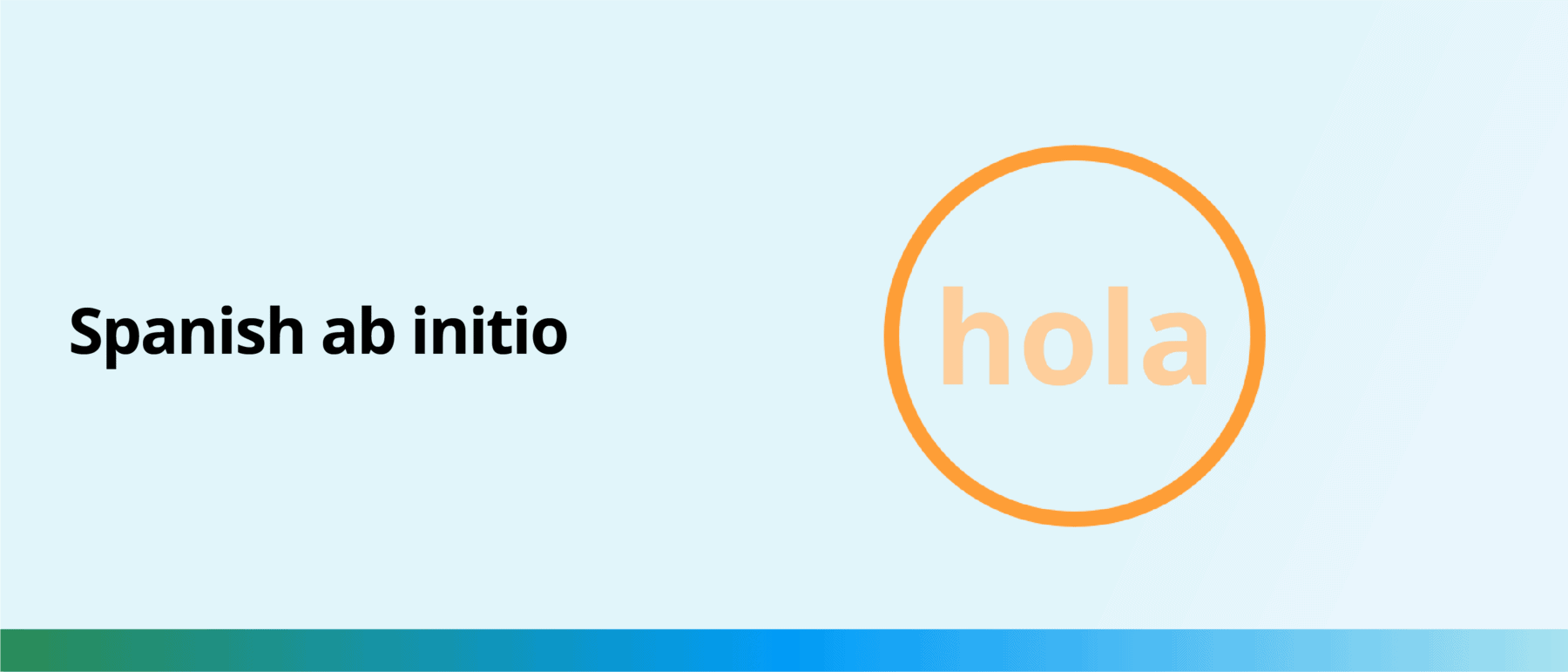
Netflix films and series (please note these are student recommendations and some may not be available in all regions):
- La Casa de Papel
- Las Chicas del Cable
- La Catedral del Mar
- El ministerio del tiempo
- Dime cuando tú
- Vivir dos veces
- Toc Toc
- Thi Mai
- Luna de miel con mi madre
- Guerra de vecinos Season 2
- Mr. Jordan's YouTube channel has excellent videos in English, explaining basic concepts in Spanish and providing practice.
Practice Spanish with songs and stories here.
More practice exercises: view.genial.ly/5ed11bce9be45e112004c6ed view.genial.ly/5ed232f1bc3fa411df14de4a view.genial.ly/5ed28e5d9be45e112004d8e6
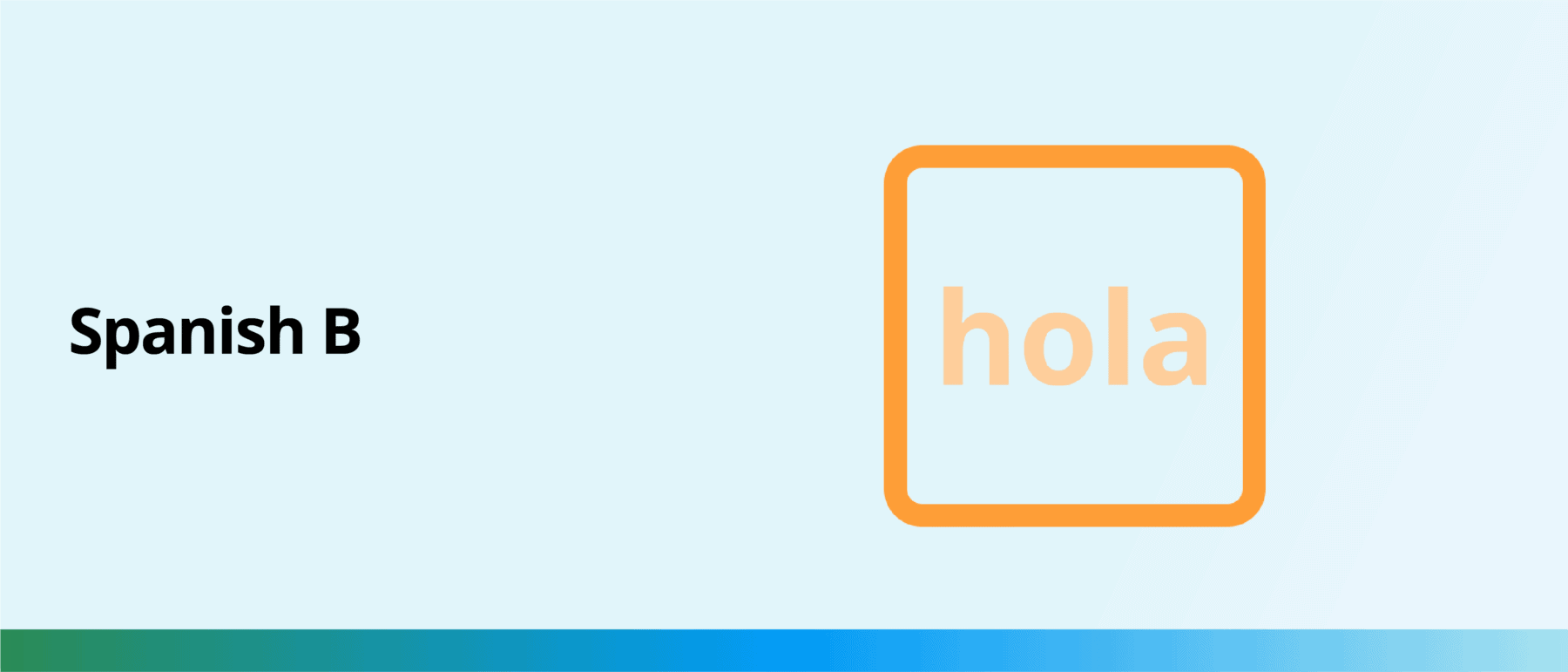
These websites are great to scratch up on those basic skills and to ensure you feel confident heading into your Spanish lessons in the new academic year.
- www.StudySpanish.com
- University of Texas Spanish
- Spanish Verb Conjugation
- Idiom Website
- www.Quizlet.com
- www.Conjuguemos.com
- Colby
- Quia
- www.123teachme.com
- Global Voices
- Video ELE B1 and Video ELE B2
- Voz de América
- Muy interesante magazine
- Scholastic Mary Glasgow
- Spanish for Foreigners
- People magazine en español
- National Geographic en español

Reading world business news, current affairs as well as business podcasts will aid you greatly in your Business lessons.

'The Money' looks at Australia and the world through an economic lens. It explores how economics influences everything else. ABC The Money Podcasts
'The Economy Explained' podcast takes on money and politics with a creative and entertaining twist. NPR Planet Money Podcasts
Economics in 10 explores the lives, times, and ideas of some of the world’s greatest economic thinkers. Through 10 different questions, each episode takes a funny, informative approach to demystifying a famous economist.

The digital world is constantly evolving so reading the latest news is a great way to stay up-to-date with the latest findings.

The website, Open Culture, gives access to a wide range of open access philosophy courses and podcasts.
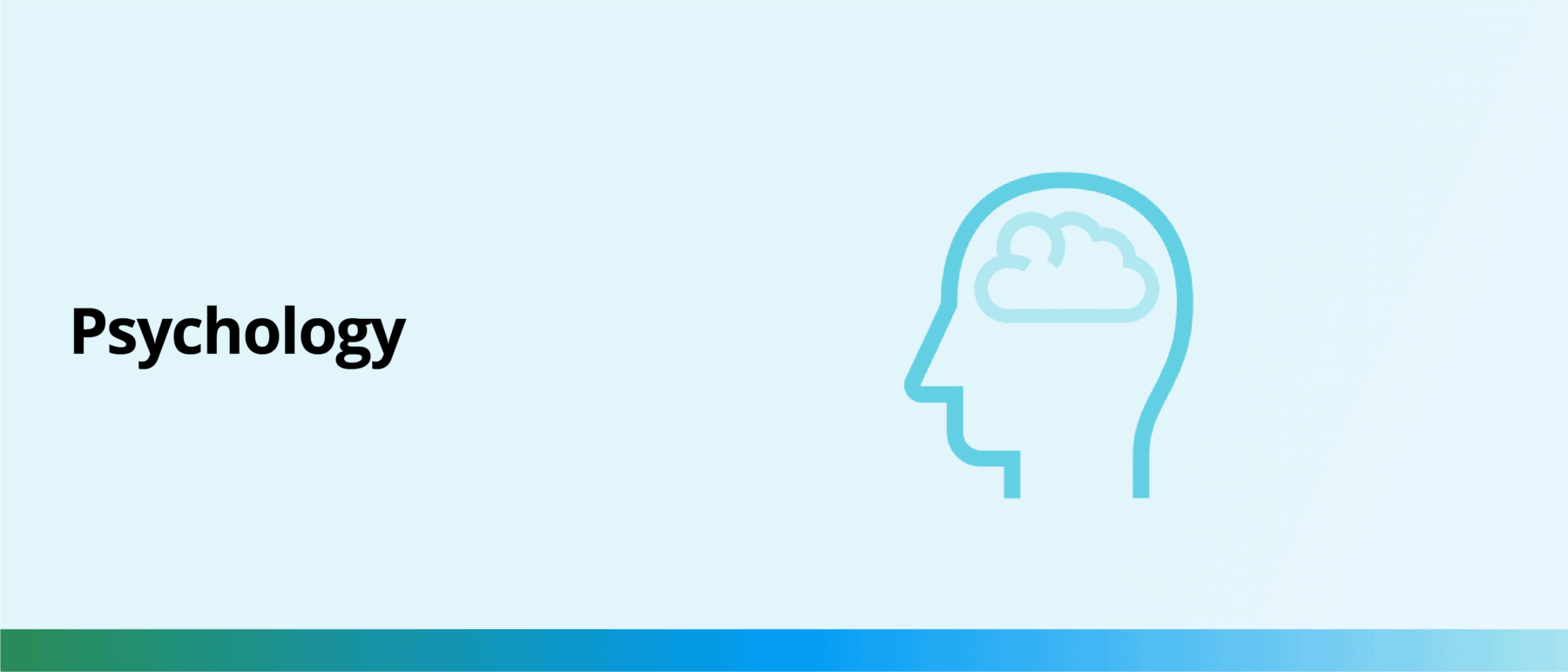
Our Pamoja Teachers Articles Collection has articles to encourage students to think like psychologists.

A fun read to understand what being a mathematician involves is the short book: Uncle Petros and the Goldbach Conjecture by Apostolos Doxiadis.

We encourage our students to watch at least one film a week. It does not matter the genre, filmmaker, year of production nor country of origin. Watching films builds a mental library from which filmmakers can pull from when analyzing or producing films.



